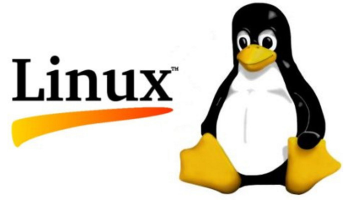I read this, “‘Software is meant to be free …” at Hackernoon and found it disappointingly lightweight. It talks of Stallman, thus the four freedoms and the GNU project and mentions Eric Raymond in passing as the man who coined the phrase Open Source rather than the author of the Cathedral & the Bazaar and Homesteading the Noosphere. He doesn’t mention Stallman’s attack on the concept/phrase of Open Source since he considered it a diminishing of the four freedoms. It’s weak on the evolution of copyleft; it doesn’t mention for instance, Laurence Lessig and the Creative Commons. Clary also fails to mention Torvalds, the man most associated with Linux, the prime example of Open Source Software, although the EU Commission discovered that the largest contributor to the open source code base was Sun Microsystems.
It is particularly weak in its view of how and why the proprietary software behemoths adopted Open Source. They did so primarily in areas where they were weak in market share and profitability and where their competitors were the inverse. IBM’s massive investment in Linux, much of it through its OEM agreement with Red Hat was designed to kill Sun MIcrosystem’s Solaris; it is arguable that they succeeded, although both I and Eric Raymond think it’s more complex than that, as provoked by him, I argue here.
Our understanding of the economics and sociology has moved on since then. Anne Barron in her 2013 paper, Free Software Production as Critical Social Practice which I should really re-read looks at both and earlier in the previous decade Simon Phipps articulated new sources of value and new contexts for open source software, both how free software created scarce markets, and that open source governance models equally created and constrained the value of its free product. I was lucky to be able to present his theories once or twice and I reported on one such presentation on this blog 10 years ago.
These papers and theories are somewhat aged certainly when one considers the speed of technology development but its possible that even older theories such as Marx’s Fragment on the Machine and more recent developments in conceiving of immaterial labour, and the enigma of software’s role in the means of production are all part of the questions that need to be answered to understand the economic role and governance of software.
It’s not that software wants to be free … it’s just looking like no matter what theories of price you adhere to, free is the right price.
ooOOOoo
See also Free, the right price for software and maybe Monopoly and prices, both by me on this blog, written in 2009 exploring the micro/meso-economic classical welfare theories as to why software should be free. …
